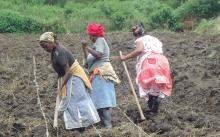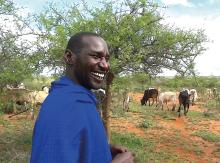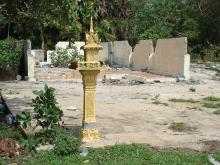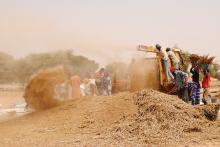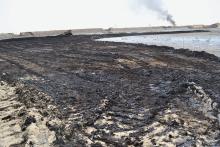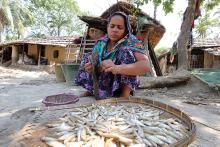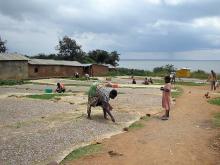Land Library
Welcome to the Land Portal Library. Explore our vast collection of open-access resources (over 74,000) including reports, journal articles, research papers, peer-reviewed publications, legal documents, videos and much more.
/ library resources
Showing items 1 through 9 of 39.Following the end of apartheid, South Africa’s government set itself ambitious goals with a planned land reform. However, there have since been barely any changes in the country’s agricultural structure, and the positive impacts that were hoped for on rural livelihoods have hardly materialised.
The year 2016 marks 15 years since the new wave land reforms became operational in Tanzania. Despite its ambitious goals – encouraging land registration and titling, and empowering women and other vulnerable groups – the results are disillusioning.
The land reform process in Cambodia is full of examples of injustice and human rights violations. Promises to improve the situation of the landless and land-poor citizens have remained unfulfilled. Development co-operation efforts have not changed this either.
In the debate on climate change, it is frequently argued that the number of “climate refugees” is going to grow world-wide. So far, however, only little evidence has been provided of links between climate change, environmental changes and migration.
Tropical forage grasses and legumes as key components of sustainable crop-livestock systems in Latin America and the Caribbean have major implications for improving food security, alleviating poverty, restoring degraded lands and mitigating climate change.
China has a longstanding tradition of using biogas for decentralised energy supply. Already, there are nearly 42 million household digesters in the rural areas, a figure set to double by 2020. But the country has even more ambitious plans.
German Development Cooperation has developed an approach for the sustainable production of charcoal that has proved to have a considerable impact in Northern Madagascar.
In 1978, the rural reform began in China, and since then farmers, including the poor ones, have benefited from a steady growth in income and gradually strengthened food security.
Soils around the world are degrading rapidly, reducing ecosystem diversity and some important functions, threatening food and other human securities, and increasing vulnerability to climate change. This is a vicious cycle created by and leading to further unsustainable land-use practices.

